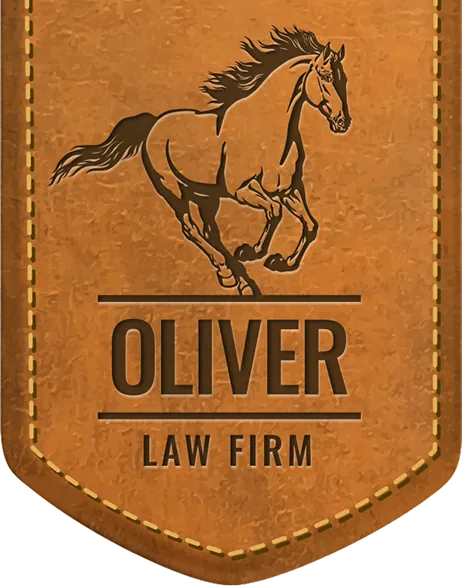In 1986 Congress passed the Stored Communications Act. The Act was passed because the advent of the Internet presented a host of potential privacy breaches that the Fourth Amendment does not address. It creates a set of Fourth Amendment-like privacy protections by statute, regulating the relationship between government investigators and service providers in possession of users’ private information. The act pertains to remote computing service providers and electronic communication services. Basically neither can divulge private information which is carried or maintained on that service.
It is a little different where a defendant has requested access to a plaintiff’s private Facebook account. A Court in New York (Tapp v NYS Urban Development) has held that a defendant cannot obtain information from a private Facebook account absent some basis showing that the private content is material and relevant to the plaintiff’s claims. There must be a showing that the plaintiff’s alleged restriction, disabilities, losses or other claims are contradicted by the private information.
At Oliver Law Firm, we counsel our clients not to post anything pertaining to their case on Facebook or any other social media because in Arkansas it is unclear if this information is discoverable. If we receive a request for social media posting from the defendant we will object on Fourth Amendment grounds. We have yet to obtain a ruling on this issue but expect as more people use social media, there will be a ruling in Arkansas.
a Free Consultation



